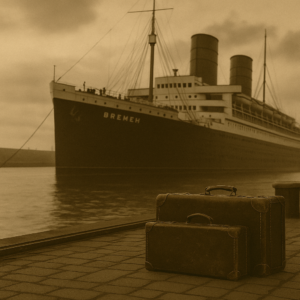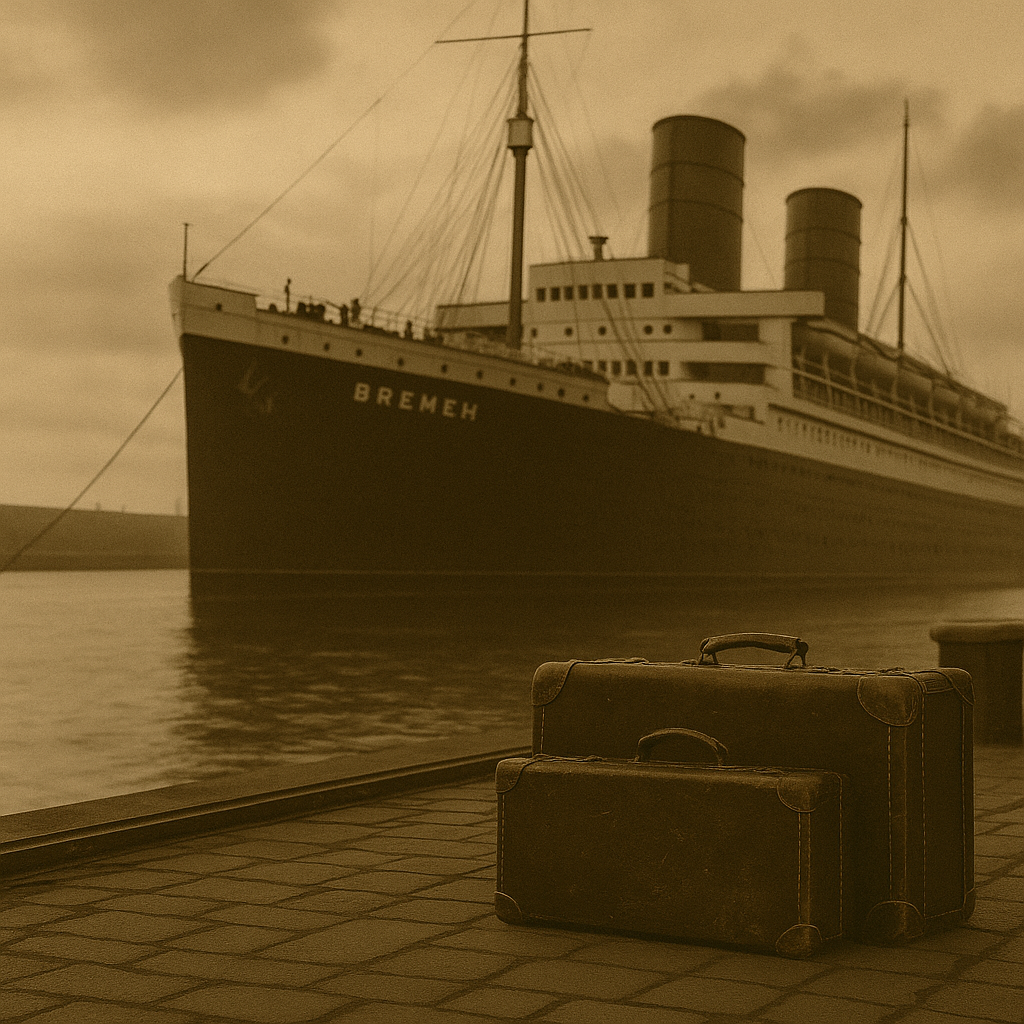“This isn’t about immigration. You are not becoming German — you were German.”
Christine Stenner, Attorney (Germany) | Foreign Legal Consultant (PA) | May 3, 2025

Your grandparents were unjustly stripped of their citizenship during the Nazi time because they were Jewish. The German government recognizes that, and under Article 116(2) of the German Basic Law (Grundgesetz), you may have the right to reclaim what was taken. This is a legal restoration, not a naturalization.
But many people never even begin the process — not because they’re ineligible, but because they believe things that simply aren’t true.
At STENNER LAW, we work with descendants of Jewish refugees across generations. These are the top 5 myths we hear again and again — and the truth that clears the way to reclaim your rightful citizenship.
Myth #1: “You must speak German to get citizenship.”
Truth: No language test is required.
This isn’t a process for new immigrants. There’s no need to demonstrate language skills, pass integration courses, or even travel to Germany. The law recognizes that your family was persecuted and forced to flee — not that you need to prove you belong.
Myth #2: “My grandfather became American, so our German citizenship is gone forever.”
Truth: Not necessarily.
When Jewish citizens left Germany and lived abroad, the 11th Ordinance to the Reich Citizenship Law (1941) automatically revoked their citizenship — specifically targeting Jews. If your ancestor lost citizenship due to these racial laws, the German government now offers legal restitution — regardless of any other nationality acquired later.
Myth #3: “Only children can apply — not grandchildren.”
Truth: Grandchildren — and even great-grandchildren — may be eligible.
There’s no limit to how many generations can apply, as long as you can prove descent from someone whose citizenship was revoked due to Nazi persecution.
Myth #4: “The paperwork is in German — I’ll never understand it.”
Truth: That’s what we’re here for.
It’s true — the process is entirely in German, and many required documents like birth certificates are decades old and often in handwritten old German font. But at STENNER LAW, we translate, explain, and handle the application process from start to finish. We make it understandable, manageable, and successful — even if you don’t speak a word of German.
Myth #5: “It’s too late for me.”
Truth: It’s not.
There’s no expiration date on justice. You can apply at any age. Your claim doesn’t disappear because the events happened 80+ years ago. In fact, many clients only start this journey after retirement, when they finally have the time and motivation to honor their family history.
Reclaim What Was Taken
This is more than a legal application — it’s a personal act of justice. For many of our clients, reclaiming German citizenship is a way to honor grandparents who were exiled, stripped of their rights, or worse. It’s also a gift to future generations — opening the door to “EU citizenship”, education, and opportunity.
We guide families through this process with deep care, legal precision, and a full understanding of what’s at stake.
👉 Think you or your family may qualify? Book a consultation, where I will personally review your documents and assess your eligibility prior to the meeting.
Visual Description:
The SS Bremen was one of Germany’s most advanced and prestigious ocean liners during the interwar period. In the early Nazi era (1933–1936), it served as a key transatlantic route for those fleeing growing persecution — including many Jewish professionals, academics, and artists — seeking safety in the United States.
Often, they left with little more than a few suitcases.
The SS Bremen remained in civilian operation until the outbreak of World War II in 1939.

